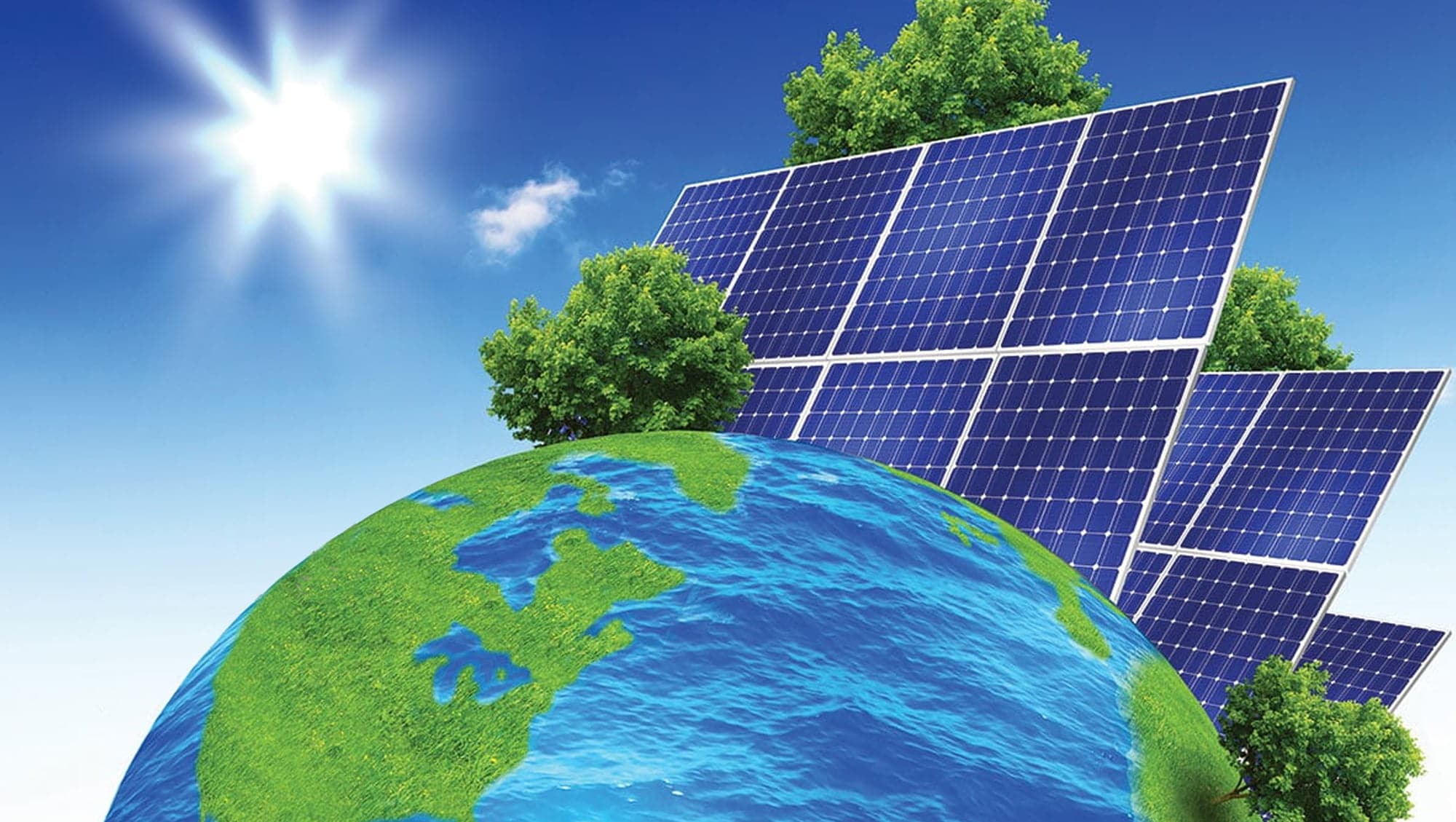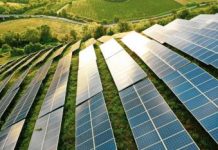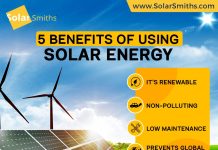Advantages of Solar Power
Solar power is a renewable energy source that offers numerous advantages over traditional forms of energy. In this article, we will explore the various benefits of solar power and why it is becoming an increasingly popular choice for both residential and commercial applications.
Cost Savings
One of the primary advantages of solar power is the potential for significant cost savings. By installing solar panels, you can generate your own electricity and reduce your reliance on the grid. This means lower energy bills and long-term savings. Additionally, many governments and utility companies offer financial incentives and tax credits to encourage the adoption of solar power, making it even more affordable for homeowners and businesses.
Environmental Benefits
Solar power is a clean and green energy source that produces no harmful emissions. Unlike fossil fuels, which contribute to air pollution and climate change, solar energy helps to reduce our carbon footprint and combat global warming. By harnessing the power of the sun, we can generate electricity without depleting natural resources or causing environmental damage.
Energy Independence
Another advantage of solar power is the ability to achieve energy independence. By generating your own electricity, you are no longer at the mercy of utility companies and their fluctuating prices. This provides stability and control over your energy costs, especially in the face of rising energy prices. Solar power allows you to become self-sufficient and rely on a clean and renewable energy source.
Reliability and Durability
Solar panels are known for their reliability and durability. They are designed to withstand various weather conditions and can last for several decades with minimal maintenance. This makes solar power a reliable source of energy, especially in remote areas where access to the grid may be limited. With proper installation and regular inspections, solar panels can continue to generate electricity efficiently for many years.
Job Creation
The adoption of solar power has also led to the creation of numerous job opportunities. As the demand for solar panels and related technologies increases, more jobs are being created in the renewable energy sector. From manufacturing and installation to maintenance and research, the solar industry offers employment opportunities across various skill levels. This not only benefits the economy but also promotes sustainable development.

In conclusion, solar power offers a multitude of advantages, including cost savings, environmental benefits, energy independence, reliability, durability, and job creation. As we strive towards a greener and more sustainable future, solar power emerges as a viable and advantageous solution. By harnessing the power of the sun, we can meet our energy needs while reducing our impact on the environment. Embracing solar power is a step towards a cleaner and brighter future for all.
Advantages of Solar Power FAQs
1. What are the advantages of solar power?
Solar power offers numerous benefits such as reducing electricity bills, decreasing carbon footprint, and providing a renewable energy source.
2. How does solar power reduce electricity bills?
Solar panels generate electricity from sunlight, which can offset or eliminate the need to purchase electricity from the grid, resulting in lower electricity bills.
3. What is the environmental advantage of solar power?
Solar power is a clean and renewable energy source, producing no greenhouse gas emissions during operation, thus reducing carbon footprint and combating climate change.
4. Can solar power help in reducing air pollution?
Yes, solar power helps in reducing air pollution as it does not release harmful pollutants or contribute to smog formation, unlike fossil fuel-based power generation.
5. Are there any financial incentives for installing solar panels?
Many governments and utility companies offer financial incentives such as tax credits, rebates, and net metering programs to encourage the adoption of solar power.
6. Is solar power reliable?
Solar power is a reliable source of energy as long as there is sunlight available. Additionally, advancements in energy storage technologies ensure power availability even during cloudy periods or at night.
7. Can solar power be used in remote areas?
Yes, solar power is particularly suitable for remote areas where grid connection is challenging or costly. It provides a decentralized energy solution, reducing dependence on long-distance power transmission.
8. How long do solar panels last?
Solar panels typically have a lifespan of 25 to 30 years. With proper maintenance, they can continue to generate electricity even beyond their warranty period.
9. Are there any health benefits associated with solar power?
Solar power does not produce harmful emissions, improving air quality and reducing the risk of respiratory diseases and other health issues caused by pollution from traditional energy sources.
10. Can solar power contribute to energy independence?
Yes, solar power reduces reliance on fossil fuels and imported energy sources, promoting energy independence and enhancing national security.
11. Are solar panels noisy?
No, solar panels are silent during operation as they do not have any moving parts. They convert sunlight into electricity without creating any noise pollution.
12. Do solar panels require a lot of maintenance?
Solar panels require minimal maintenance. Regular cleaning to remove dirt or debris and occasional inspections to ensure optimal performance are usually sufficient.
13. Can solar power be used for heating water?
Yes, solar thermal systems can be used to heat water by capturing the sun’s heat and transferring it to a water storage tank. This helps to reduce the energy required for water heating.
14. Are there any disadvantages of solar power?
While solar power has numerous advantages, some potential drawbacks include high initial installation costs, intermittent power generation, and the need for a sufficient roof or land space for installation.
15. Can solar power be used during a power outage?
Most grid-tied solar power systems do not function during a power outage to prevent back-feeding electricity into the grid. However, with battery storage or a backup generator, solar power can be used during outages.




